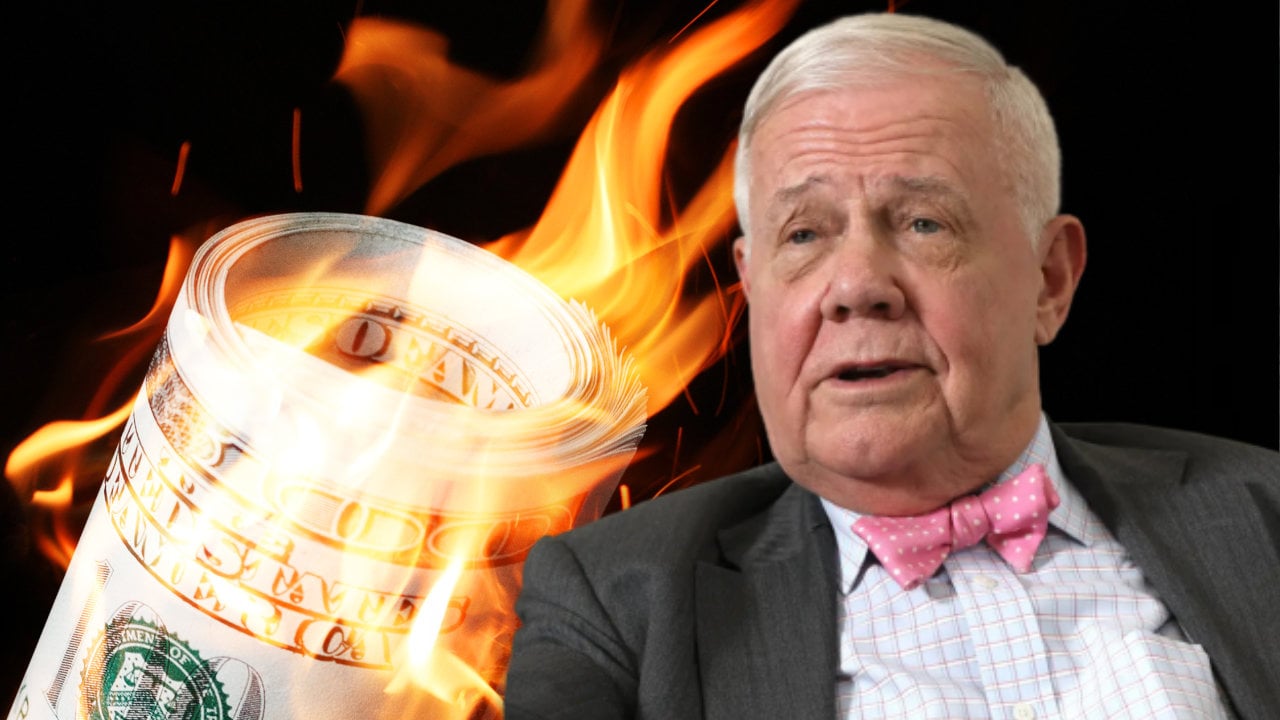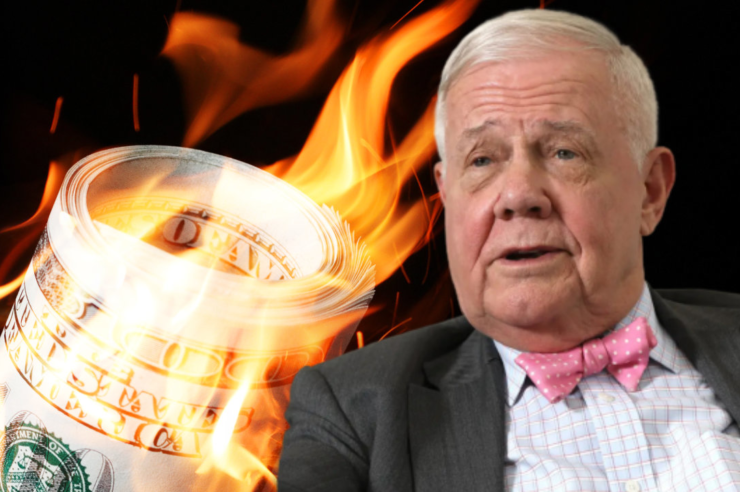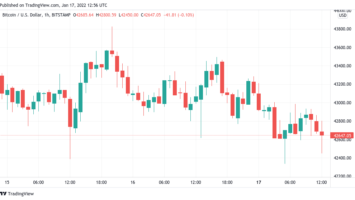
Veteran investor Jim Rogers, who co-founded the Quantum Fund with billionaire investor George Soros, says that “what is happening with the U.S. dollar now is the end of the U.S. dollar.” He explained that “an international currency is supposed to be neutral but in Washington, they are now changing the rules,” emphasizing, “Washington does not play fair anymore.”
Jim Rogers on the End of the U.S. Dollar
Renowned investor Jim Rogers discussed the end of the U.S. dollar and the future outlook for cryptocurrency in an interview published by the Economic Times Sunday. Rogers is George Soros’ former business partner who co-founded the Quantum Fund and Soros Fund Management.
He was asked about the outlook for the U.S. dollar and where he sees the dollar index headed. “I own U.S. dollars partly because when turmoil comes, people look for a safe haven. They think the U.S. dollar is a safe haven for historic reasons,” Rogers began.
However, the veteran investor added:
But what is happening with the U.S. dollar now is the end of the U.S. dollar because an international currency is supposed to be neutral but in Washington, they are now changing the rules.
“Now if Washington does not like you, they put sanctions on you and you cannot use U.S. dollars,” he stressed.
“So, many countries are starting to look for a competitor — China or Russia or India, Iran, Brazil … some countries are starting to look for a competing currency, and they should because Washington does not play fair anymore,” he continued.
Since Russia began its invasion of Ukraine, the United States as well as a growing number of other countries have been placing sanctions on Russia.
Russia has about 16% of its reserves in U.S. dollars and 32% in euros. As billionaire investor Bill Miller recently described: “They have almost 50% of their reserves in currencies that are controlled by people who want to do them harm.” Miller agrees with Rogers that other countries are starting to look for alternative currencies to the U.S. dollar.
Rogers added:
Of course, the U.S. is the largest debtor nation in the world. So, for fundamental reasons and political reasons, people are looking for competing currency.
“I do not know what it will be yet. I hope I am smart enough to buy it when you find it. I do not like saying it. I am an American but I do not like to see what they are doing to the American dollar,” he opined.
Jim Rogers Still Concerned Governments May Outlaw Bitcoin and Other Cryptocurrencies
Rogers was also asked, “Can cryptos ever be an alternative to the U.S. dollar index?” He replied: “Well it could be. Many people have made a lot of money trading crypto.”
He explained that crypto bulls say that cryptocurrency will be the new money. “I know that every country in the world is working on computer money now, including the U.S.,” he pointed out. However, he said that the U.S. will not say it is new money.
Regarding cryptocurrency, he noted that “Governments like control” and “Governments like monopoly.” The veteran investor elaborated:
I do not like it but that is the way governments are, and I just suspect that they will either tax it or regulate it or outlaw it or something because they do not want to lose control.
Rogers has warned that governments could ban cryptocurrencies on several occasions. He said it is the reason he did not invest in bitcoin. However, in May last year, he said he regretted not investing in BTC.
What do you think about Jim Rogers’ comments? Let us know in the comments section below.
Image Credits: Shutterstock, Pixabay, Wiki Commons
Disclaimer: This article is for informational purposes only. It is not a direct offer or solicitation of an offer to buy or sell, or a recommendation or endorsement of any products, services, or companies. Bitcoin.com does not provide investment, tax, legal, or accounting advice. Neither the company nor the author is responsible, directly or indirectly, for any damage or loss caused or alleged to be caused by or in connection with the use of or reliance on any content, goods or services mentioned in this article.






















Comments (No)